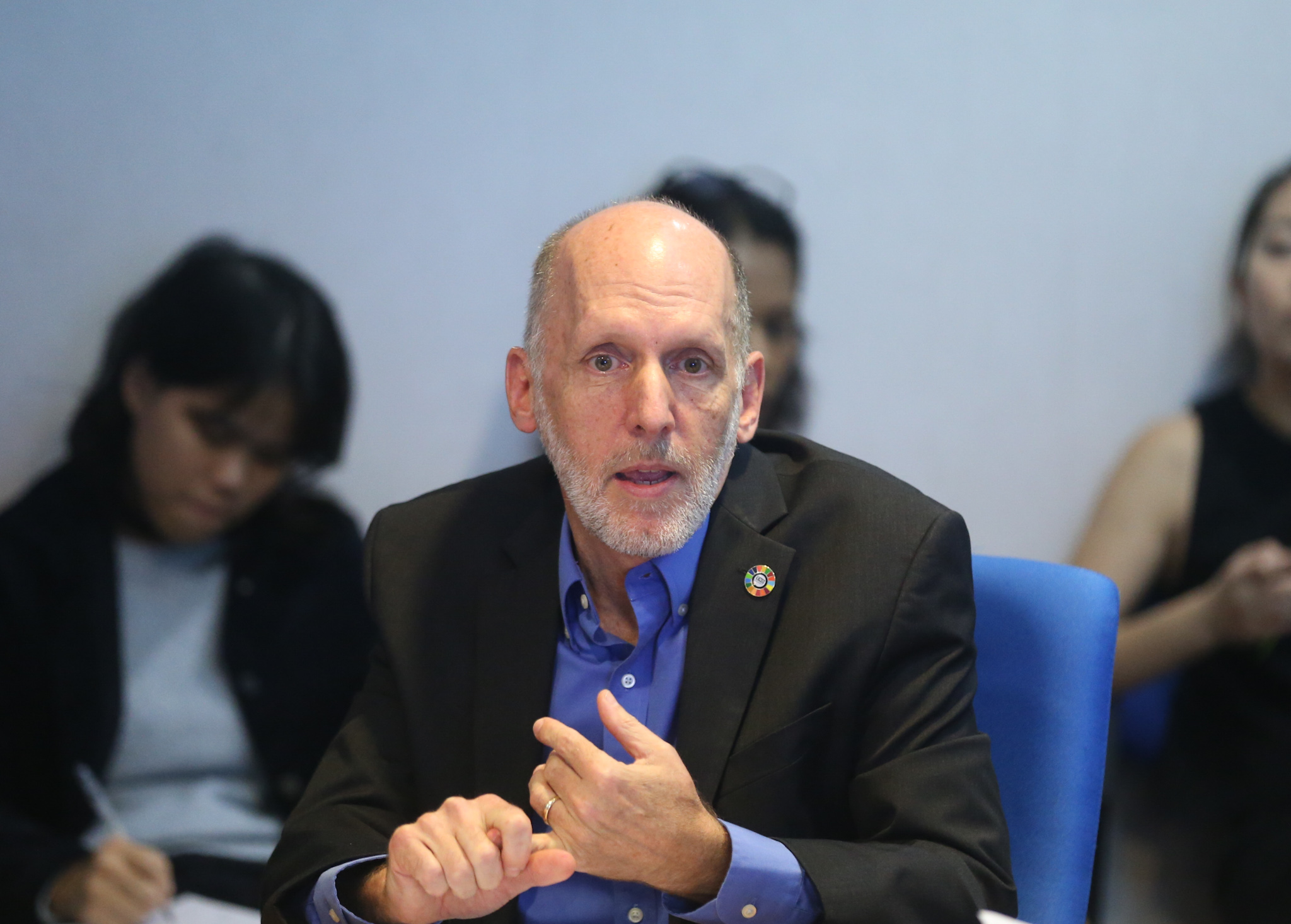KUALA LUMPUR, July 17 — The World Bank has commended Malaysia’s recent poverty line income (PLI) revision from RM980 to RM2,208, saying that the decision would enable the government to ensure that all Malaysians could achieve this new minimum standard of living which is more consistent with its current economic climate.
World Bank senior economist Kenneth Simler said prior to last week’s revision, Malaysia’s poverty line methodology hadn’t been updated since 2005 and the value of the poverty line in real terms had hardly changed since Malaysia’s original PLI was established in 1977.
He said the decision to update the poverty line effectively showed that hardships and deprivations that were previously considered as unfortunate but socially acceptable were no longer socially acceptable in 2020.
“The increase in the poverty line and poverty rate from 0.4 per cent (in 2016) to 5.6 per cent (last year) doesn’t mean that poverty has increased or that Malaysians are any poorer than they were the day before Minister in the Prime Minister’s Department Datuk Seri Mustapa Mohamed announced the new poverty line.
“Instead, different PLIs are calculated for each household depending on how many people live there and the local cost of basic goods and services, which vary considerably across Malaysia,” he said in a statement today.
Simler, added that policies to reduce poverty and foster a greater sharing of Malaysia’s prosperity would benefit by adopting some of the attention to detail that went into the poverty line methodology.
He emphasised that it was crucial to ensure that assistance was channelled to where it was needed most, and that scarce government funds were spent as efficiently as possible.
“This can be achieved by tailoring both eligibility requirements and benefit levels to simple-but-important characteristics such as how many people are in a family and do they live in an area with high prices or low prices,” he said.
Simler said the new absolute poverty measure could be used in tandem with relative income indicators in the design, and also the monitoring and evaluation, of policies and programmes to improve the well-being of disadvantaged people of Malaysia.
The senior economist noted that rather than resetting the minimum wage based on the new PLI, the most sustainable route out of poverty and low incomes for most poor people was better access to higher-paying employment.
Although the World Bank welcomed the latest update in the poverty line, Simler said, the new PLI methodology deserved a more detailed explanation and closer scrutiny by the public and experts.
He also stressed on the current version of the Multidimensional Poverty Index (MPI) in the report released last week which updated the income dimensions to match the new PLI, but the health, education, and dwelling indicators remained at very basic levels, more appropriate for low-income countries than for a country like Malaysia which was on the cusp of becoming a high-income nation.
“I hope and trust that these non-income deprivation indicators will also be upgraded when the 12th Malaysia Plan is launched in January 2021, if not sooner.
“As highlighted in the World Bank’s recent Malaysia Economic Monitor, it is important for Malaysia to strengthen and deepen its social protection system,” said Simler, adding that the new poverty estimates were based on surveys conducted in 2019 and that Malaysia and the entire world had changed drastically since then because of the Covid-19 pandemic.
Thus, while the 2019 survey provided a good base of information, he said providing relief from the economic and social shock of the pandemic and charting a recovery to a stronger and more resilient Malaysia would require sound economic and social thinking combined with creativity and ingenuity. — Bernama



















